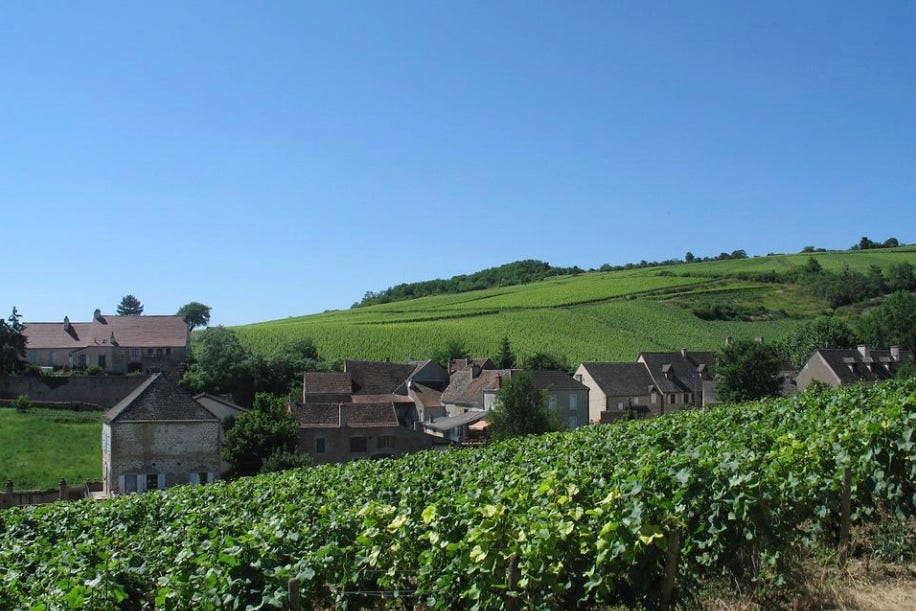French wine clobbered by a climate double whammy
Global warming blamed for early warm spells followed by deep freezes.
(A native of England, Matthew Diebel is a veteran journalist who has worked at NBC News, Time, USA Today and News Corp., among other organizations. Having spent his childhood next to one of the world's fastest bodies of water, he is particularly interested in tidal energy.)
“Ce n’est pas possible!” That was the reaction of a certain Callaway Climate Insights scribe when he heard that a sudden spring freeze was threatening the grapes from his favorite wine region.
For growers of Chablis, produced in Burgundy’s northern Yonne district, their exclamation is probably unprintable, but along the lines of “Quelle horreur!”
To combat the cold, the winemakers have taken extreme measures, either using large candles to keep their vines from being zapped or spraying them with water that freezes and protects them from even colder temperatures.
“Since 2016, there have been three big frosts,” grape producer Thomas Ventoura, told Reuters. “We’re now starting to wonder about the future of our business.”
Adding to the problem has been unseasonably warm winters and early springs across much of France, which brings premature budding to the vines, only to have them pummeled by the plummeting temperatures.
The March/April temperature seesaw in 2021 — believed by scientists to almost certainly have been caused by climate change — was devastating for French winegrowers, leading to $2.4 billion in damage to an industry that exports $6.81 billion-worth of wine, according to the AP. Some vineyards lost 80% of their grapes, something French government officials described as “probably the greatest agricultural catastrophe of the beginning of the 21st century.”
And on Monday, the hillsides of the Yonne experienced temperatures of 23°F., having hovered at the 68°F. mark in March.
A Chablis fan we know is bracing for another whack on his wallet.

